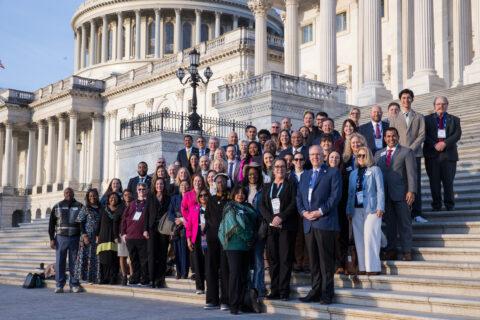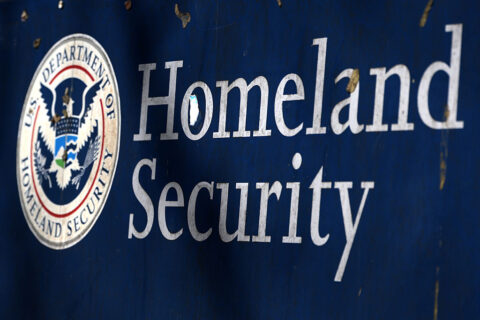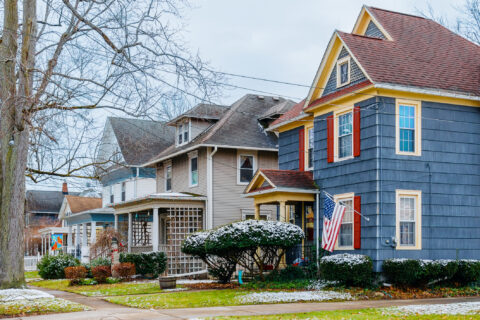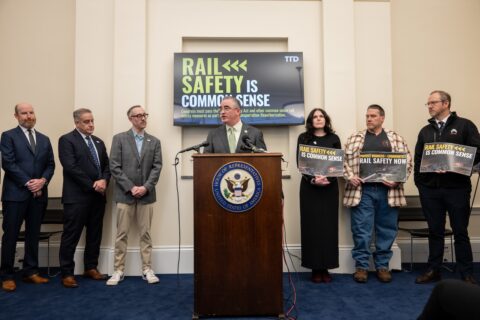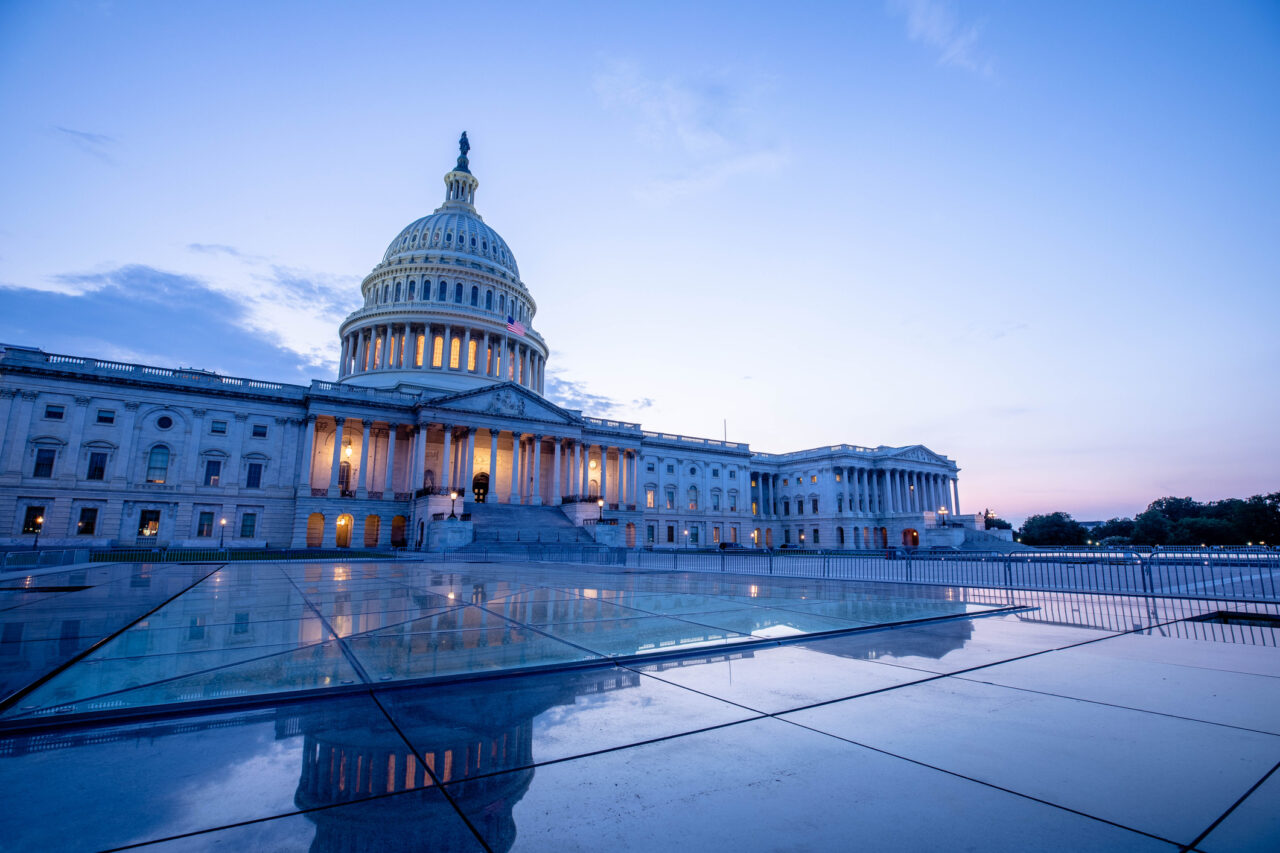
Your Voice in Washington
MORE THAN
3,000
Municipal officials and staff amplify the voices of their communities in Washington.
Advocacy In Action
Help strengthen America’s cities, towns and villages. Using our collective voice, we can ensure Congress and the Administration partner with local governments and make local issues a priority in federal policy.
Featured Alert: Urge Congress to Reopen the Federal Government
The federal government shut down at midnight, October 1st, with the start of the new fiscal year. The National League of Cities (NLC) is urging Congress and the Administration to make every effort to swiftly reach an agreement to reopen and restore all functions of the federal government.
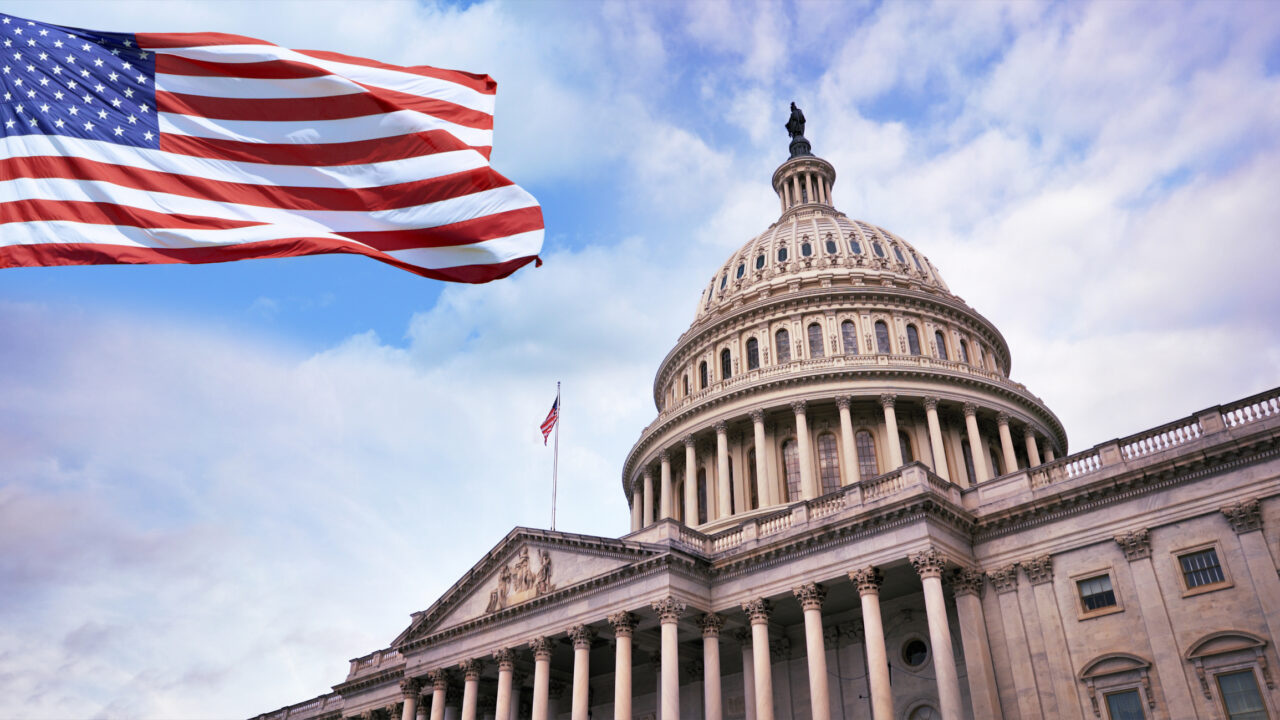
MORE THAN
7,000
Grassroots Actions Taken
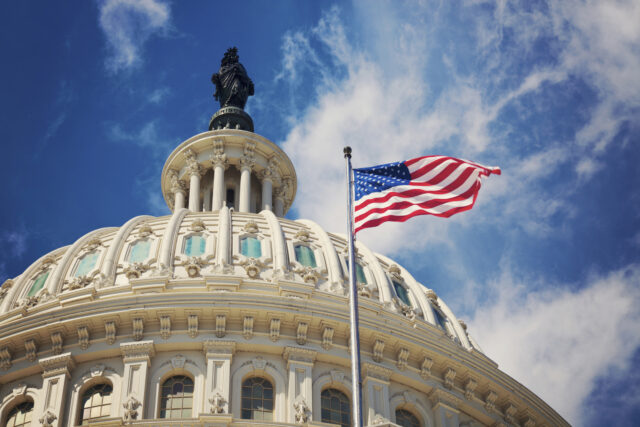
Federal Budget Tracker: Fiscal Year 2026 Budget and Appropriations
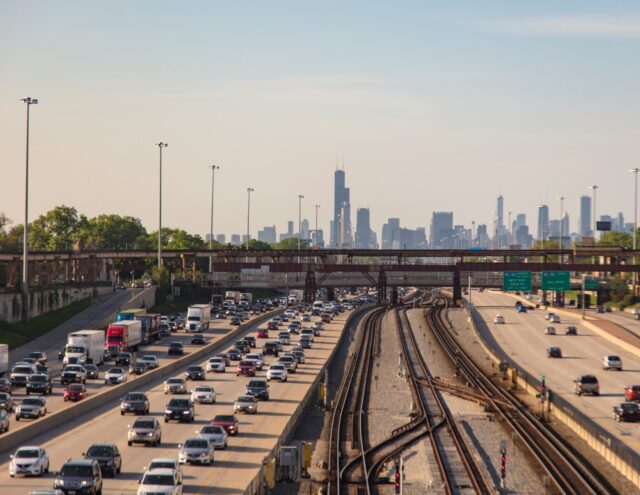
Ready to Rebuild: Accessing and Maximizing Infrastructure Funds

Educate Congress with an NLC Primer
Federal Advocacy At-A-Glance
2026 Action Agenda
NLC has a biannual agenda mapped to the Congressional cycle to guide local advocacy efforts on Capitol Hill and with the Administration. You can use it to learn more about the issues that matter most in your community. Download the Federal Action Agenda below, or view it in our Resource Library. Please note the 2026 federal action agenda will be uploaded soon and continuously updated as needed.
2025-2026 Presidential Actions Summary for Local Governments
The Trump-Vance Administration is moving swiftly to enact President Trump’s agenda through existing federal programs across all federal agencies, including those that directly support local governments with grant funding, technical assistance, and other resources. NLC is monitoring new developments and communicating with the White House, federal agencies, and Members of Congress on these issues and advocating for local governments. Stay up-to-date on available resources and actions that local governments can take as new information becomes available.
Hometown Champions
Elected officials don’t always need to be on Capitol Hill to make their voices heard. When they return to their districts, they have the opportunity to connect with their communities and listen to their constituents’ views and opinions.
Policy Resources
View NLC’s resource library for resources on policy priorities including infrastructure, the American Rescue Plan Act and more.
Federal Advocacy Committees
Comprised of local officials from NLC member cities and towns across the country, the seven Federal Advocacy Committees play a central role in developing the organization’s National Municipal Policy, which is the foundation of our advocacy efforts. Committee members, access committee resources now.
Legal Advocacy
Recognizing that the federal court system is responsible for much of the law affecting cities and their scope of authority, a key component of the National League of Cities’ advocacy efforts is to support local government interests in cases that could impact municipal organization, operation, powers, duties or financing through amicus briefs. NLC presents or assists in presenting sound and persuasive legal arguments to the courts through appropriate cases on principles and issues important to good municipal government. Through legal advocacy, NLC serves as a more effective and aggressive advocate for legal issues of national importance to local governments.
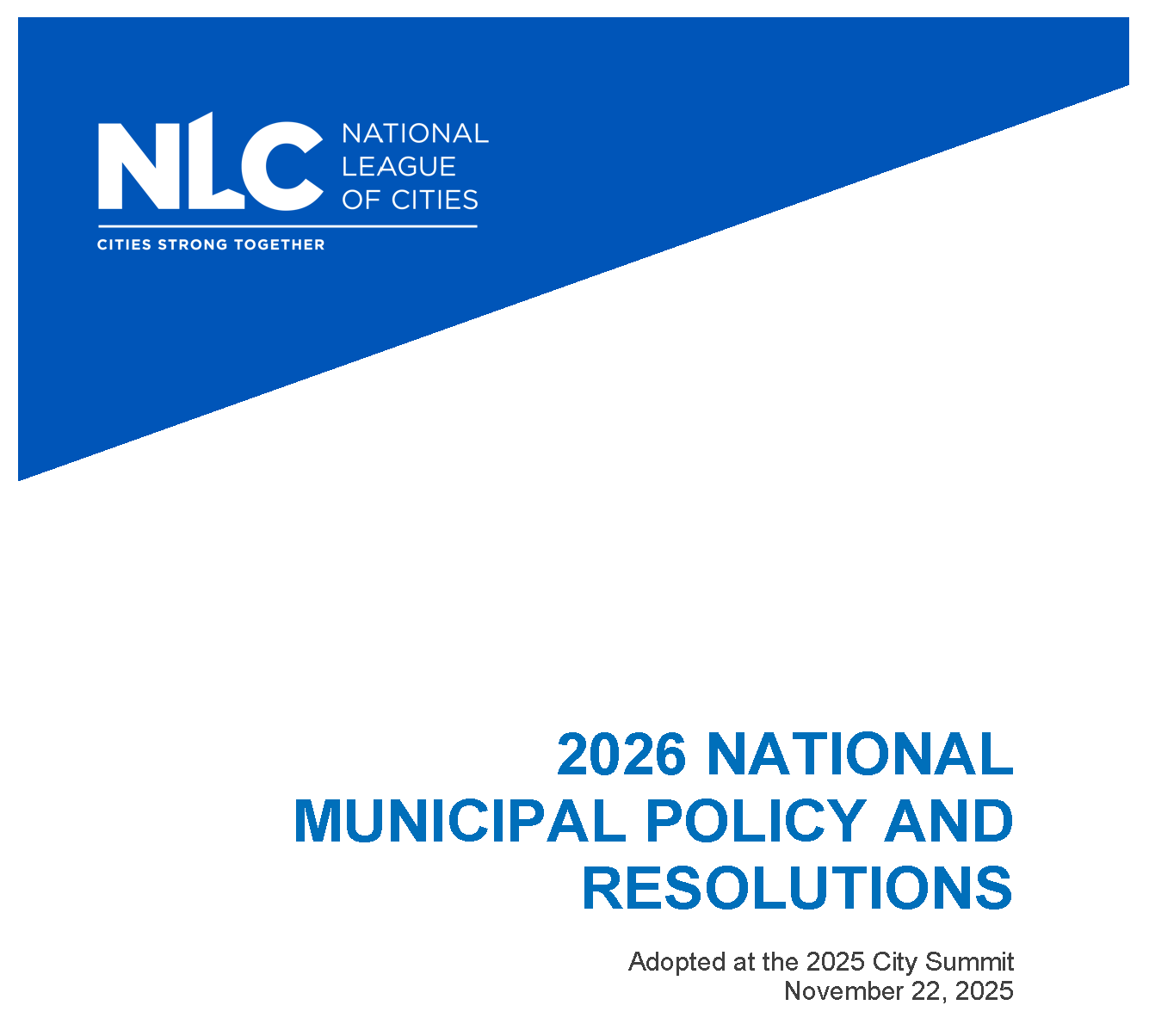
2026 National Municipal Policy
The National Municipal Policy (NMP) is a compilation of federal policy positions introduced, approved and adopted by the full membership of the National League of Cities. These positions focus on federal actions, programs and legislation that directly impact municipalities and guide all of NLC’s federal advocacy efforts.
Proposed changes to the National Municipal Policy were voted on by NLC members during the Annual Business Meeting at City Summit, Saturday, November 22 in Salt Lake City, UT.
Frequently Asked Questions about the National Municipal Policy
How are changes proposed?
Over the course of this year, your colleagues who serve on NLC’s Federal Advocacy Committees have been hard at work reviewing the NMP and developing recommendations for changes where needed.
How will changes be approved?
Proposed changes (to standing policy and resolutions) will be presented during the Annual Business Meeting on Saturday, Nov. 21, during the 2026 City Summit.
Stay Updated With Our Federal Advocacy Newsletter
The Federal Advocacy Update Newsletter is your source for the latest Capitol Hill and Administration activity. Our bi-weekly newsletter provides analysis and updates on the latest federal issues affecting municipalities. Sign up today!
